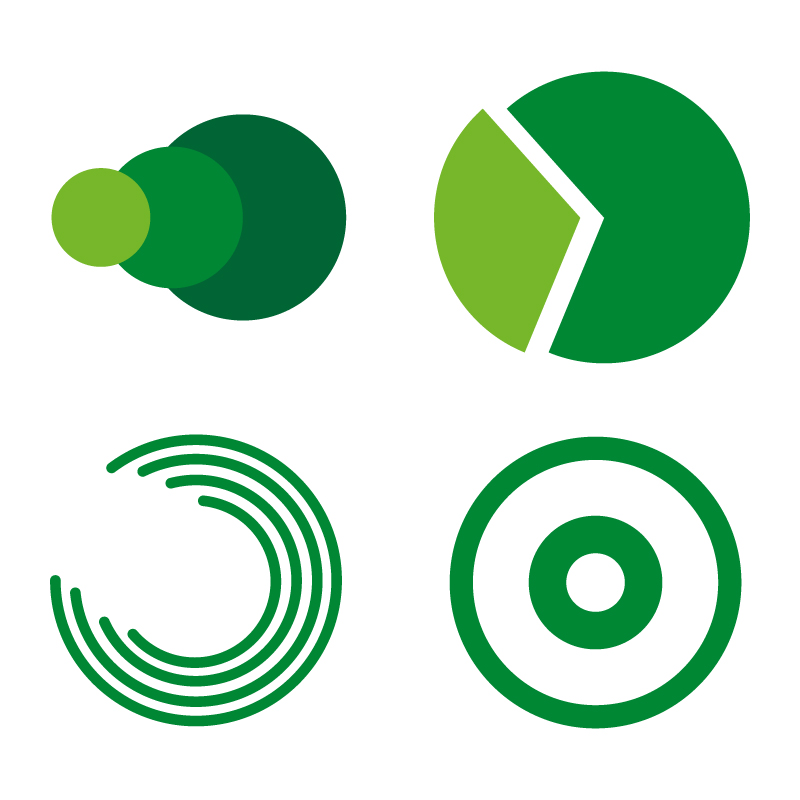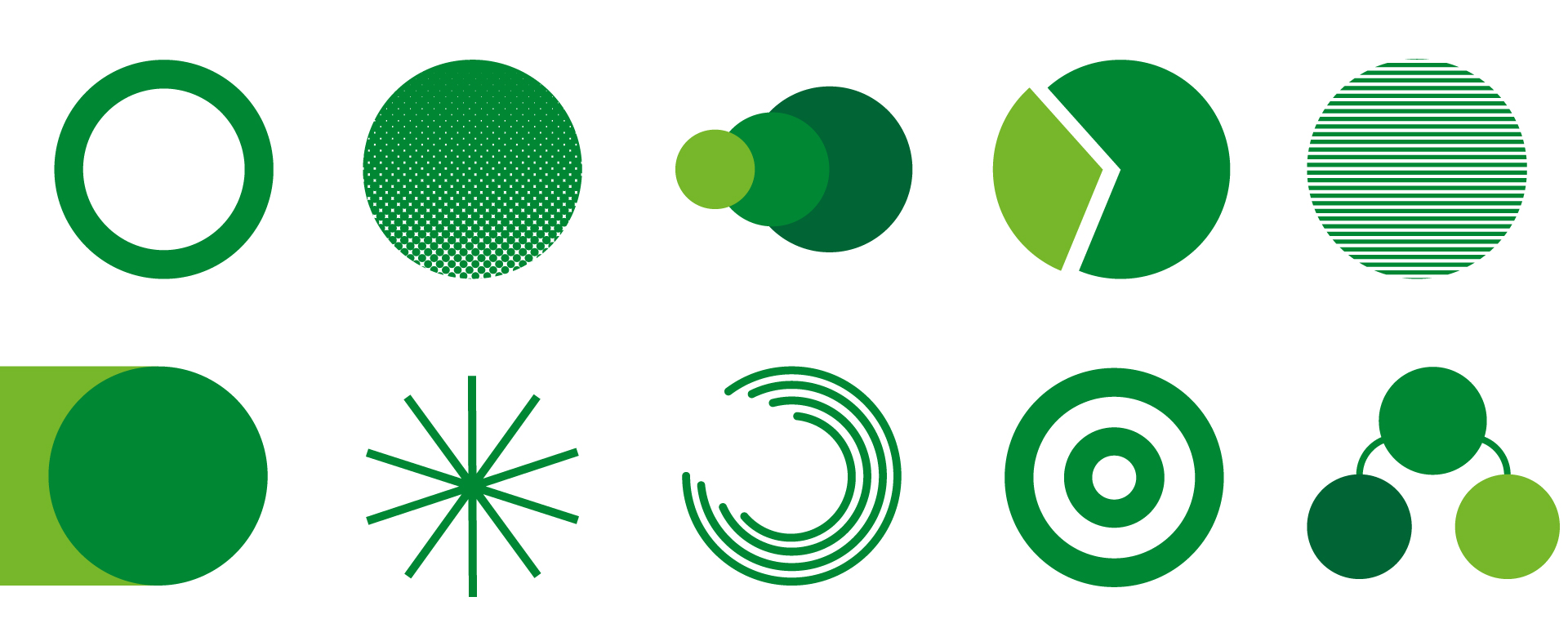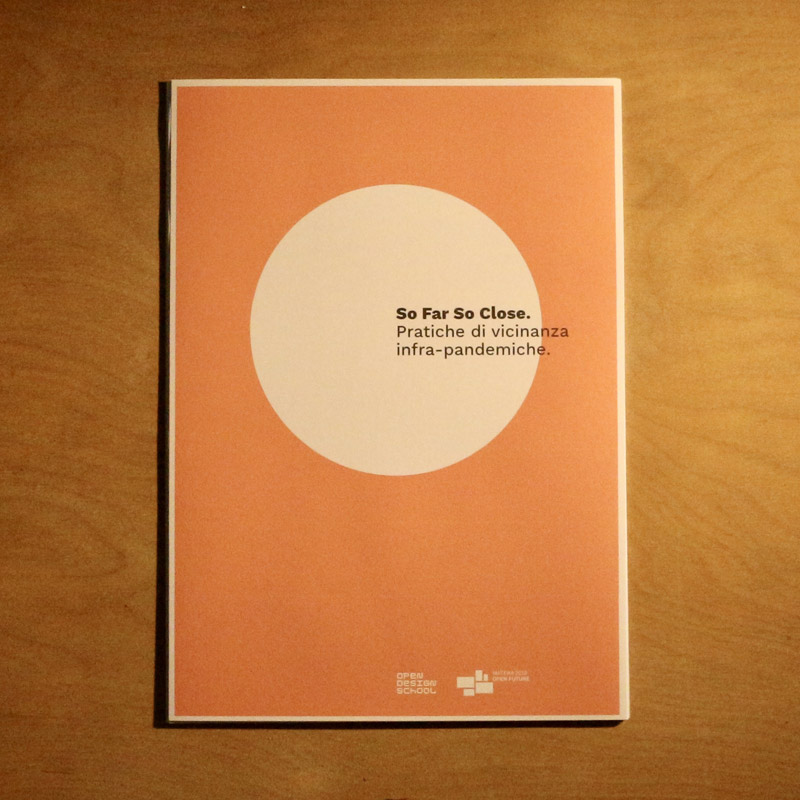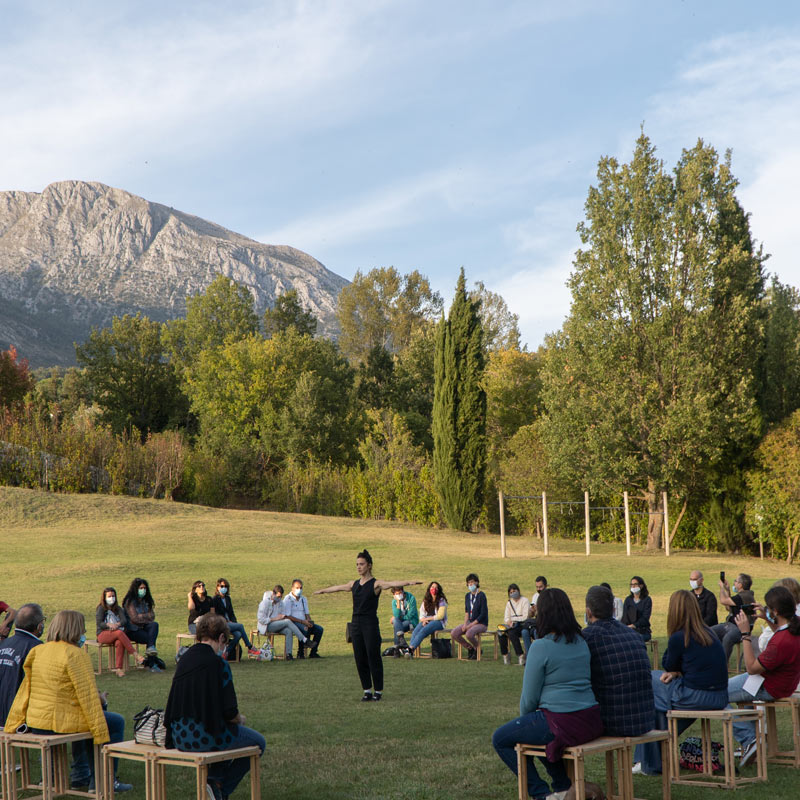Home
Matera 2019, un giacimento di sfide

- Immagine condivisione Facebook:

Quali sono i risultati economici, culturali e sociali prodotti da Matera 2019?
A questa importante domanda risponde l’attività di monitoraggio e valutazione condotta dalla Fondazione sulla Capitale Europea della Cultura che ha visto Matera e la Basilicata protagoniste in Italia e in Europa nel 2019.
Un percorso collettivo avviato ufficialmente ben dieci anni fa con la nascita del Comitato promotore della candidatura, nel luglio del 2011, e che ha coinvolto diversi soggetti a più livelli, dalle Istituzioni ai cittadini, dagli artisti ai volontari, dalla scena creativa alle imprese, in ambito internazionale, nazionale e locale.
Tutti i risultati degli studi valutativi, realizzati da alcuni tra i maggiori esperti del settore a livello nazionale e internazionale, saranno illustrati il 19 aprile alle ore 11:00 durante un incontro in live streaming trasmesso sul canale youtube del Ministero della Cultura (MIC) e alla presenza dello stesso Ministro Dario Franceschini, che ha seguito le tappe principali del lungo e appassionante percorso della Capitale Europea della Cultura.
La presentazione è quindi una occasione per presentare i risultati economici, culturali e sociali prodotti da Matera 2019, ma anche per lanciare sfide e approfondimenti alla luce dei cambiamenti prodotti dalla pandemia su come la cultura possa trainare l’economia, cosa vuol dire co-produrre cultura per una città ai margini dei grandi circuiti culturali, coinvolgendo in modo attivo anche i cittadini, quali sono i benefici in termini sociali della partecipazione alla cultura e quali le pratiche di welfare culturale, come rispondere alle disuguaglianze nell’accesso alla cultura che rischiano di aumentare ulteriormente nei prossimi anni per effetto della pandemia.
L'incontro si svolgerà alla presenza di Dario Franceschini, Ministro della Cultura e sarà moderato da Marino Sinibaldi, Presidente del Centro per il libro e la lettura nonché guida storica di Radio 3, l’emittente culturale che dal 2011 ha realizzato a Matera la festa di Materadio. Vi prenderanno parte alcuni degli autori degli studi valutativi su Matera 2019: Pierluigi Sacco, Senior Advisor OECD e professore di economia della cultura Università IULM Milano, Lucio Argano, esperto in progettazione culturale PtsClas, l’urbanista Mariavaleria Mininni e l’economista Carmelo Petraglia dell’Università degli Studi della Basilicata nonché Michele Somma e Rossella Tarantino, rispettivamente Vicepresidente e Direttrice della Fondazione Matera-Basilicata 2019.
Le conclusioni saranno affidate al Presidente della Regione Basilicata, Vito Bardi e al Sindaco di Matera, Domenico Bennardi.
Live streaming
Public notice for the new Director-General

--- Updated July 6, 2022 ---
The Board of Directors of the Matera Basilicata 2019 Foundation, meeting on 5 July, proceeded to appoint the general director of the Foundation in compliance with the public notice for the acquisition of expressions of interest for the conferment of this position.
Based on the evaluation of the curricula received and following the discussion between the mayor of Matera and the president of the Basilicata Region, the assignment was assigned to Dr. Giovanni Padula, recognized as the most suitable profile for the relaunch of the Foundation, by virtue of the important experience he has gained.
--- ---
The Board of Directors of the Matera Basilicata 2019 Foundation approved, during the last meeting, the Public notice for the acquisition of expressions of interest in relation to the appointment of the Foundation’s Director-General.
A desire to take up the post may be expressed by individuals who have, among other attributes, at least 5 years' qualified, documented administrative and managerial experience in the public or private sector.
The assignment will be linked to the duties attributed to the Director-General by Article 18 of the Foundation's Articles of Association and will last until 31 December 2022. In the event of an extension of the Foundation's duration (as stated in Article 21 of the Foundation's Articles of Association), the appointment may be renewed for a maximum term of 12 months.
In accordance with Article 15 of the Foundation's Articles of Association, the Director-General is appointed by the Board of Directors
The application, accompanied by the documents required in the Notice, must be delivered to the following PEC address by certified e-mail no later than 6:00 p.m. on 14 January 2021: This email address is being protected from spambots. You need JavaScript enabled to view it..
Download the Public Notice and the Application form:![]() Public notice - Appointment as Director-General
Public notice - Appointment as Director-General![]() Application form (ITA)
Application form (ITA)
The manual So Far So Close. Practices of infra-pandemic.

The manual “So far, so close. Practices of infra-pandemic closeness” is an operational tool of the performing arts festival “So far, so close. Exercises in closeness”, a collection of strategies and experiences gained within the Festival and in other national and international events during the infra-pandemic period.
Developed in parallel with the events of the Festival that were held in Basilicata from 12th September to 24th October 2020, the manual analysed the various regulatory updates of the DPCM [Prime Ministerial Decree], dealing with the progressive changes regarding the regulations and guidelines for live entertainment, ending precisely in conjunction with the general suspension of public and private events sanctioned in the decree of 26th October 2020.
The manual is not configured as a definitive guide, it is rather the beginning of research made up of various contributions, experiences in the field and design solutions that can be expanded in order to rethink the paradigms of the live entertainment sector.
With the preface by the Minister of Cultural Heritage and Activities and Tourism Dario Franceschini, the Manual is organized into three sections:
SO FAR. Expanding the field of investigation.
This is the part of research and in depth analysis of the issues that gravitate around the new rituals imposed by the virus. It contains contributions from artists, architects, researchers, philosophers, and scientists who have addressed issues of proximity, public space and the pandemic,
including, among others, Virgilio Sieni, Antonio Tagliarini, Michele Di Stefano, Annamaria Ajmone, Luigi Coppola, Giulia Fiaccarini and Patrizia Braga (Melting Pro), Maurizio Carta, Maurizio Ferraris, Luigi Civalleri, Patrizia Giancotti, Anna Gesualdi and Giovanni Trono (TeatrInGestAzione), Janet Hetman, Salvatore Iaconesi, Bertram Niessen, Michele Pagliaroni of the Urbino Festival Teatro Urbano, Marco Petroni, Francesco Piersoft Paolicelli , Alessandra Pioselli, Enorme Studio, Post Disaster.
APPARATUSES. Regulations and possible solutions.
It is the collection of regulations, DPCM, articles and projects that have accompanied the research phase.
References and case studies present possible creative solutions or food for thought with respect to the new rules for containing the contagion. The user will also find a selection of manuals, guides and tools available under an open source licence and ready to be used, improved and integrated.
SO CLOSE. Experimentation in the field.
It is the strictly operational section that includes the tools, the survey method, the projects, the structures and the visuals designed, with the analysis of critical issues and the return of the results and solutions adopted.
This ever-changing collection is distributed under the Creative Commons licence, CC BY-SA-NC, in digital and freely printable form. Its main objective
is to contribute to the discussion on culture as a response to the crisis, seeking solutions, sharing results, reflections and good practices.
Read and download the manual here: So Far So Close. Practices of infra-pandemic.
The So Far So Close Festival and its exercises in closeness

A few hours after the Prime Minister's Decree suspending public events in theatres, cinemas and open spaces, the “So Far So Close. Esercizi di vicinanza” Performing Arts Festival reached its conclusion in Matera on Saturday 24 October.
We welcomed seven artists and companies (Emma Dante, Virgilio Sieni, Chiara Guidi, Annamaria Ajmone, Luigi Coppola, the Compagnia MK and Daria Deflorian and Antonio Tagliarini, who updated their questions in the middle of a pandemic, placing proximity – including in relation to the relationship between interpreting reality and constructing the imaginary – at the heart of their work, and focusing on the relationship between the human and non-human, and between the visible and invisible.
We put on ten works and sixteen repeat performances, including theatre, dance, cinema and public and relational art, characterised by interventions in a redesigned public space using forms of opening that were able to include the public not only in the enjoyment of a finished work, but in very different ways, in the responsibility for constructing it.
Approximately 2,000 spectators attended the performances, while around 50 citizens were involved in the three workshops set up in Matera with the artists.
Matera was not the only location of the Festival programme. Another six municipalities in Basilicata hosted the performing arts of our "exercises in closeness": Montescaglioso, Venosa, San Mauro Forte, Latronico, San Severino Lucano and Cirigliano.
All the events were held in full compliance with the laws on preventing contagion, which were communicated using the arrangements set up by the Open Design School, which over the past months studied and tried out the system for hosting the public so that in spite of the distance, those taking part in a performance would be able to feel that they were fully involved in it and were protagonists in complete safety.
The objective was reached! The data from the monitoring questionnaires at the end of the performances, which successfully involved not only Matera 2019’s loyal public but also a completely new audience, tell us that a fifth of the attendees travelled from Puglia, especially from Bari, Taranto and Valle d'Itria. 70.7% of the participants stated that the physical distancing measures that were adopted did not affect their participation, while 90.4% reported that they were satisfied with the security and the contagion prevention methods that were adopted.
Special thanks go out to our wonderful team of volunteers, who succeeded in offering a warm welcome to the public despite the gloves and masks, and conveyed the kindness and enthusiasm that had distinguished them throughout 2019!
Read and download the manual here: So Far So Close. Practices of infra-pandemic.





